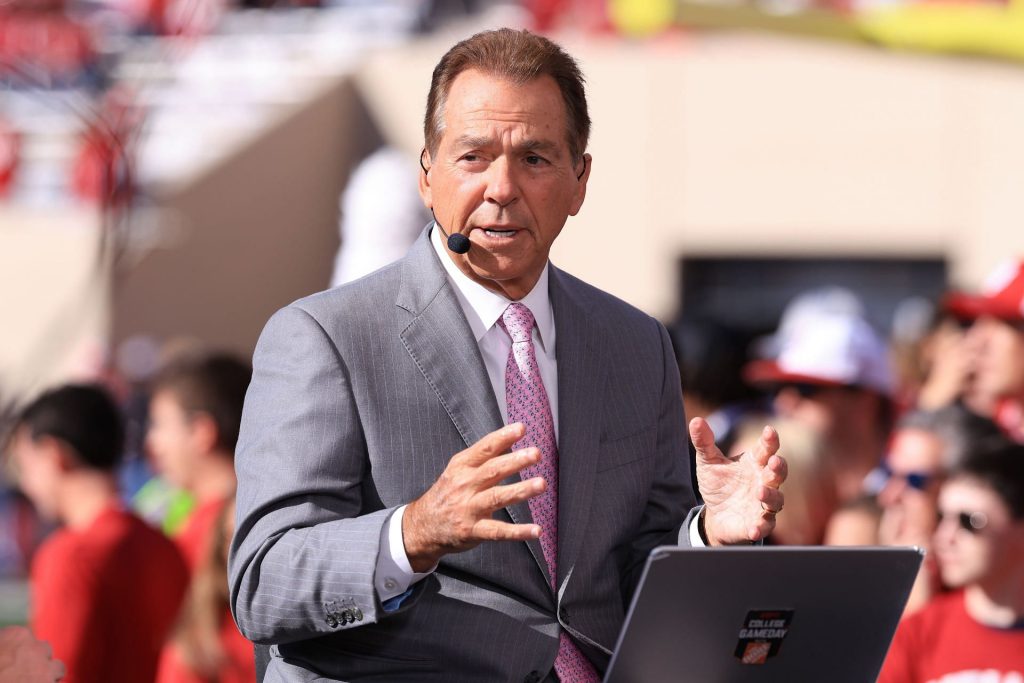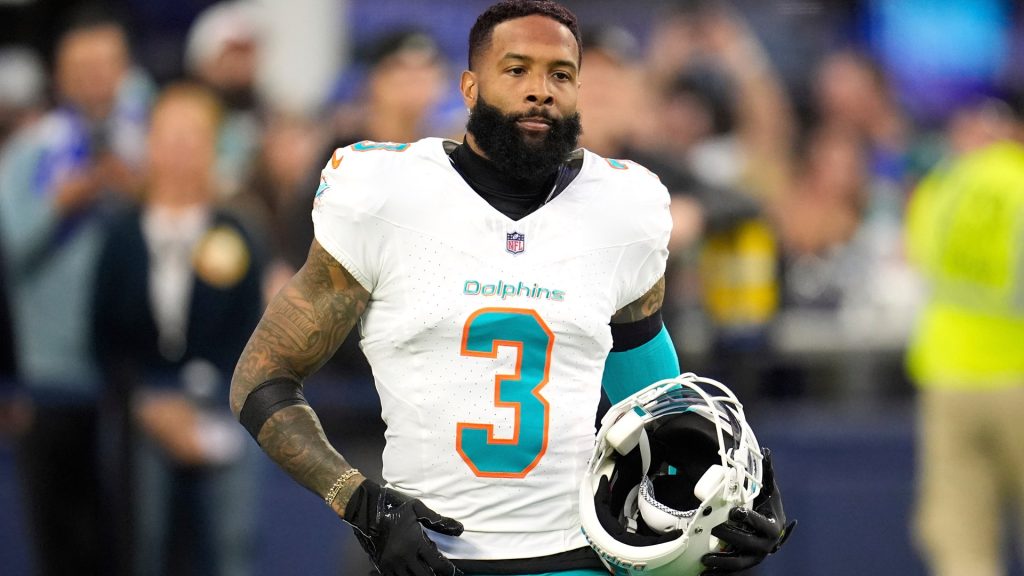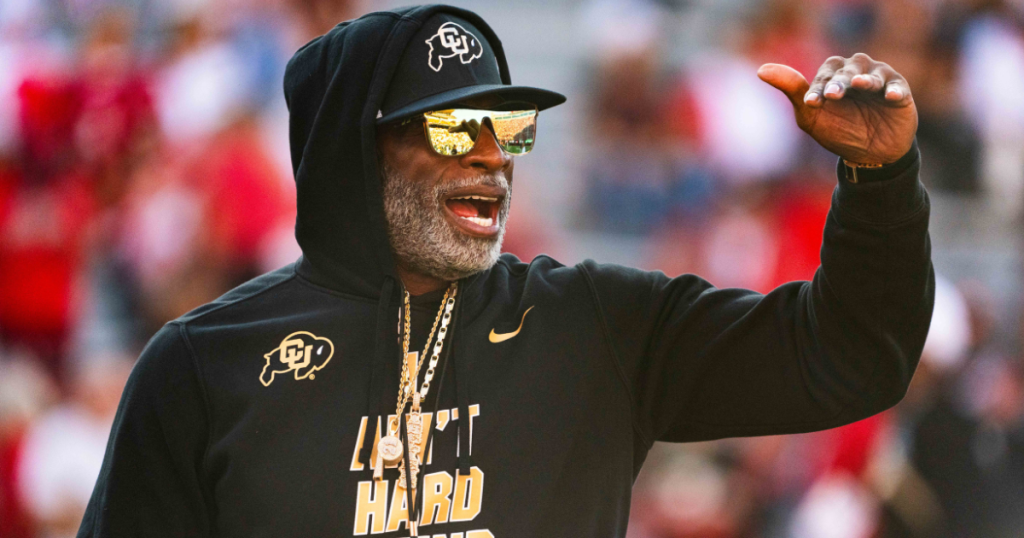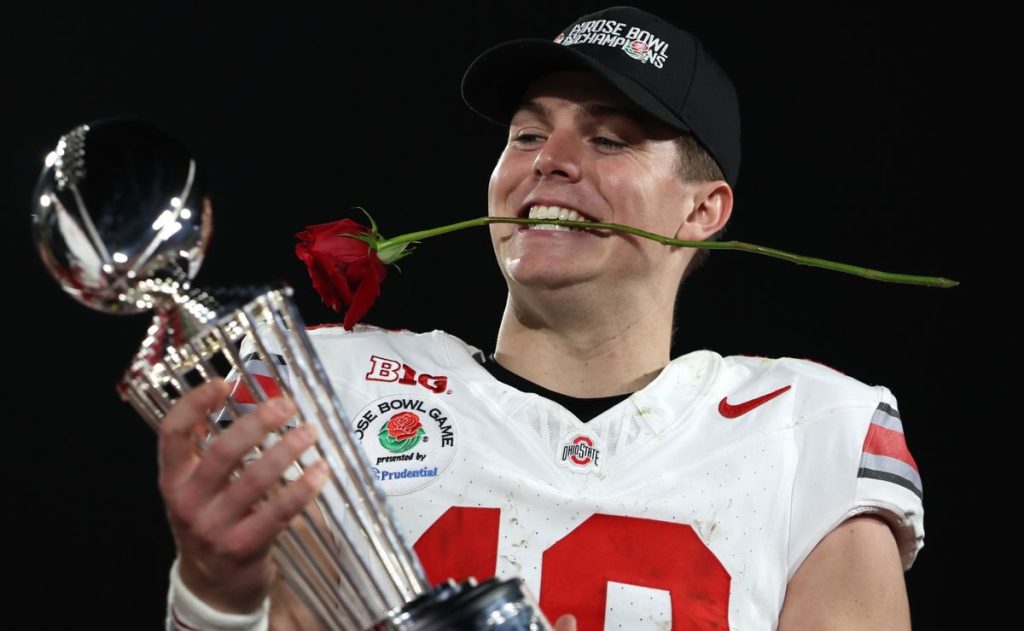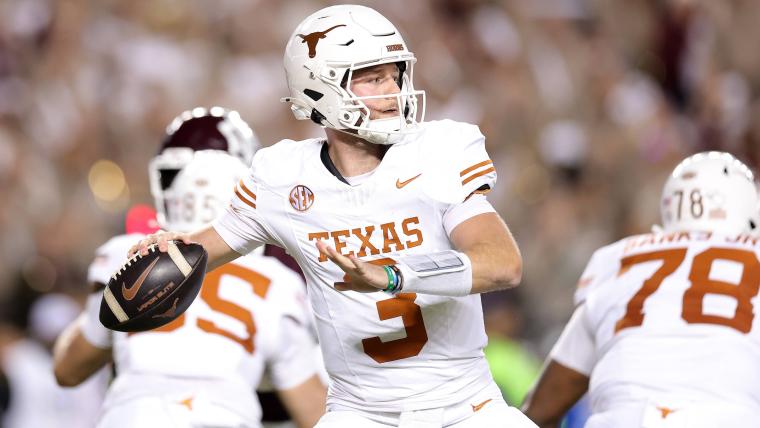Former Alabama head coach Nick Saban made waves during his recent appearance on the Pat McAfee Show, where he candidly addressed the evolving landscape of college football. Saban, known for his sharp insights and coaching prowess, expressed concern over the current system that he believes prioritizes individual success over team cohesion.
Saban’s critique of player motivations
Saban articulated a troubling trend he sees among players today, emphasizing that the system encourages a mindset of self-indulgence. He stated, “What we’ve created is a system that promotes self-indulgent behavior. In other words, ‘How does this affect me?’” This shift in focus, he argues, detracts from the traditional values of teamwork and collective success. He reminisced about a time when players were deeply committed to their teammates, feeling the weight of their mistakes not just personally, but as a failure to their entire team.
He further elaborated on how the loosening of transfer rules and the rise of Name, Image, and Likeness (NIL) deals have contributed to this individualistic mentality. “So what kind of value are you creating for yourself if you’re not committed to being the best player that you can be?” he questioned. Saban believes that this lack of commitment ultimately harms players’ prospects for future success, including their draft potential.
Concerns over the College Football Playoff format
Amidst the chaos expected in the upcoming 2024 season, Saban also turned his attention to the College Football Playoff (CFP) format. He expressed skepticism about the current structure, which awards automatic postseason bids to the top five ranked conference champions, regardless of their overall performance. Saban argued that this could lead to significant drawbacks, particularly regarding the seeding process.
“By giving the conference champions, when they’re not the highest-ranked teams, the bye … what it really affects is the path to the championship,” he explained. Saban is concerned that the current system does not reward teams based on their overall performance throughout the season, which could undermine the integrity of the playoff. He believes that the number one seed should have the easiest path to the championship, but that is not guaranteed under the current rules.
The impact of three-loss teams
Saban’s critique extended to the inclusion of teams with three losses in the playoff discussion. He stated, “I do think as we boil down to this, like right now, hard to reward a team with three losses.” He pointed out that teams like Ole Miss and Alabama have suffered losses to what he termed “pretty average teams,” which raises questions about their qualifications for postseason play.
The former coach argued that other teams, which may not have faced the same level of competition but maintained a better record, should be prioritized. He did concede that the Georgia Bulldogs might have a legitimate case for inclusion even with three losses, but he firmly believes that other two-loss teams that did not compete in their conference championships should not be granted the same opportunity.
Looking ahead: The future of college football
As Saban shared his thoughts on these pressing issues, it became clear that he is deeply invested in the future of college football. His passion for the game and its traditions shines through as he calls for a return to a system that values teamwork and collective achievement. He believes that the current trends, driven by individualism and financial incentives, could jeopardize the very essence of what makes college football special.
Saban’s insights reflect a broader concern among coaches and fans alike about the direction of the sport. With the landscape of college football rapidly changing, the need for a system that fosters loyalty, teamwork, and fair competition has never been more critical.
As the 2024 season approaches, the debate surrounding player motivations, playoff structures, and the integrity of the game will undoubtedly intensify. Coaches, players, and fans will be watching closely to see how these issues unfold and what changes may be implemented to preserve the spirit of college football.
In a time when the game is at a crossroads, Saban’s voice serves as a reminder of the values that have long defined college football. Will the powers that be heed his warnings and work towards a system that prioritizes the team over the individual? Only time will tell, but one thing is certain: the conversation around these issues is far from over.

